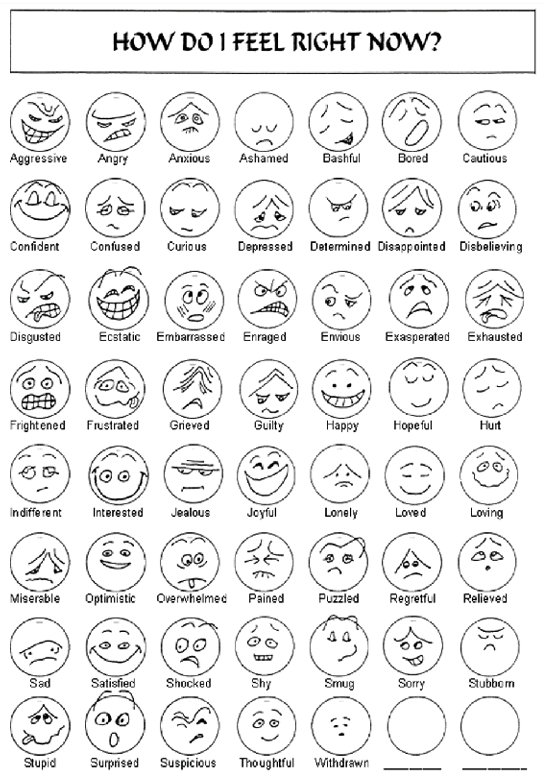I offer those around me patience, encouragement, support,
a cheerful word, the gift of a smile – and most of all
appreciation. Louise Hay
I try to practice Louise Hay’s affirmation with every person who crosses my life path no matter how brief our relationship. Fortunately practice, age and wisdom are on my side, so I make less relationship mistakes than I once did. Although patience, not perfection, is my goal, I find I must stay vigilant or I fall too easily into judging the other person or ignoring my own discomfort when challenges arise in the relationship.
When is enough, enough? By this I mean, when is it okay or even smart to talk about personal discomforts in a relationship? The tendency for most people is to “ignore the little irritations” that create friction all the while thinking, “I’ll save my energy for the bigger issues.” However, over time it is usually these little irritants that add up into an unhappy person and relationship.
Very recently, someone I respect said to me, “If one person is unhappy, then it is not a relationship.” As defined, relationships are “the way in which two or more concepts, objects, or people are connected.” If one party is unhappy, then a disconnection has occurred, and what we are witnessing, when unattended, is likely the beginning of the end of a relationship.
Withdrawal, consciously or unconsciously, by one or all parties often marks this milestone. Withdrawal can be emotional as well as physical, and either are easily felt but not easily understood by those involved. Disconnection from someone who triggers a negative reaction in us eliminates our opportunity to understand why we are reacting in that way. Disconnecting by withdrawing steals our “teaching moment” from being realized. In other words, by not staying connected to the negative feelings, we alienate ourselves from learning a better way.
Without question, not every difference in a relationship needs to be addressed, but likely every discomfort does or what appears in this moment to be a minor bump builds up over time into a molehill and finally a mountain. The energy expended to navigate an emotional mountain is considerable and requires significant recharging afterward. IMHO, working instead on the minor bumps as they appear is all about energy conservation.
Here is a little 3-step formula I use to ease challenging conversations away from ignorance, defensiveness and anger into awareness, understanding and appreciation.
- When you … (describe the other person’s behaviour without judgment).
- I feel … (describe what feelings are triggered for you when you
experience the uncomfortable behaviour). - I would prefer … (describe a behavioural option you are comfortable with).
If you have difficulty describing your feelings, use this wonderful visual chart below as your aid.

Remember, the goal in a relationship is to strengthen our patience not strive for perfection. So be patient with yourself in practicing the new skill and extend your patience to the other person as they attempt to become more aware and appreciative. Any new skill takes time to internalize and integrate.
In case you are wondering if the relationship is worth the effort, your reward is happiness. Two of the seven top happiness-inducing behaviours are —
- Spending time with people you care about (being at the centre of a social network)
- Cultivating long-term relationships
For more reading on happiness and joy, click here.





